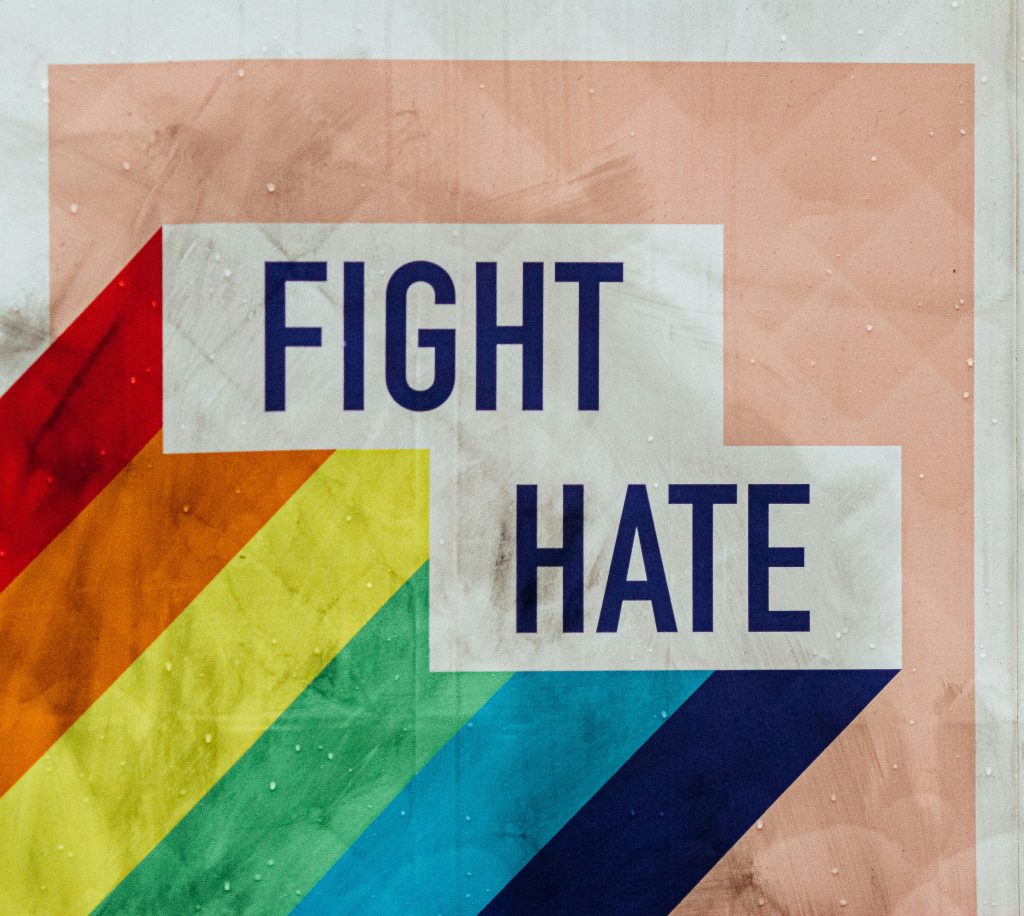
In today’s interconnected world, the internet is a double-edged sword. It provides platforms for connection, self-expression, and empowerment, especially for marginalised groups like LGBTIQ youth. Yet, it has also become a breeding ground for hate speech, with devastating consequences for those targeted.
Within the European Union (EU), the issue of online hate speech against LGBTIQ individuals is growing. Reports show that young people, particularly those identifying as trans or non-binary, are disproportionately affected. The rise of anti-gender and anti-LGBTIQ narratives has fueled intolerance and hate-motivated harassment, creating a toxic digital environment for many.
The European Commission’s LGBTIQ Equality Strategy 2020-2025 underscores the urgency of addressing this challenge. According to the strategy, combating hate speech is crucial for ensuring equality and safety for LGBTIQ individuals. In response, the EU has implemented the Code of Conduct on countering illegal hate speech online. Established in collaboration with major tech companies, this initiative aims to swiftly identify and remove hateful content. However, while progress has been made, significant challenges remain.
A 2024 report on the strategy’s implementation highlights worrying trends. Online hate speech continues to escalate, driven by the amplification of discriminatory rhetoric. For many young LGBTIQ individuals, this translates into isolation, fear, and mental health struggles. Trans and non-binary youth are particularly vulnerable, facing both targeted attacks and systemic neglect in online spaces.
To combat this growing problem, the EU has intensified its efforts. The recent communication titled "No place for hate: a Europe united against hatred" reaffirms the commitment to tackling all forms of hate speech. Additionally, initiatives such as the EU/CoE joint project focus on promoting tolerance and addressing anti-LGBTIQ violence, both online and offline.
However, policy measures alone are not enough. Tech companies must remain vigilant, improving their moderation tools and ensuring transparent enforcement of anti-hate policies. At the same time, civil society and education play a critical role in fostering understanding and resilience among young people.
As we move forward, the need for a safer, more inclusive digital landscape has never been clearer. LGBTIQ youth deserve online spaces where they can thrive without fear. By working together—as governments, tech platforms, and communities—we can push back against hate and ensure that the internet becomes a space for connection, not division.
Sources: